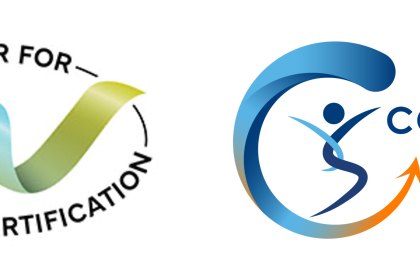The Code of Ethics and the Core Competencies from the International Coaching Federation, ICF, work hand-in-hand. If you want to demonstrate coaching competencies it requires being ethical. If you are ethical, you are applying the coaching competencies. 
For example, the first three competencies speak directly to ethics:
- Demonstrates Ethical Practice – to demonstrate ethical practice means learning about, applying, and indeed living the ethics of the coaching profession.
- Embodies a Coaching Mindset – acknowledges that clients are responsible for their own choices which requires staying true to the role of coach which in turn is ethical.
- Establishes and Maintains Agreements – requires the agreement for the coaching relationship address key points as noted in the Code of Ethics and also calls for the coach to ensure the client is choosing the focus, agenda, and measure of success for the session.
The Code of Ethics includes several points that speak to competency as a coach:
- Calls on the coach to explain the nature of coaching.
- Calls for an agreement.
- Means ensuring there is value for the client which in turn requires competency on the part of the coach.
- Managing power differences is a skill developed through coaching competency.
- Ensuring quality requires competency.
- A commitment to continued development means continuing to upgrade competencies.
- Calls for an accurate description of coaching competency.
Coach training, certification, and credentialing all include training on ethics and the competencies as well as the opportunities to practice and develop skills with both the application of ethics and the core competencies of a coach.





